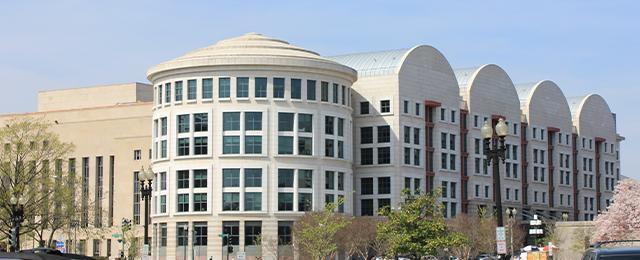Two appointees from the waning days of the Trump administration are suing the U.S. Department of Education for refusing to deliver their signed presidential commissions, citing the seminal 218-year-old Supreme Court precedent that created judicial review.
The 18-page legal complaint in the case, known as Hanke v. Cardona, was filed with the U.S. District Court for the District of Columbia on July 15. Miguel Cardona is secretary of the U.S. Department of Education. The lawsuit was filed by Sacramento, California-based Pacific Legal Foundation (PLF), a national public interest law firm.





